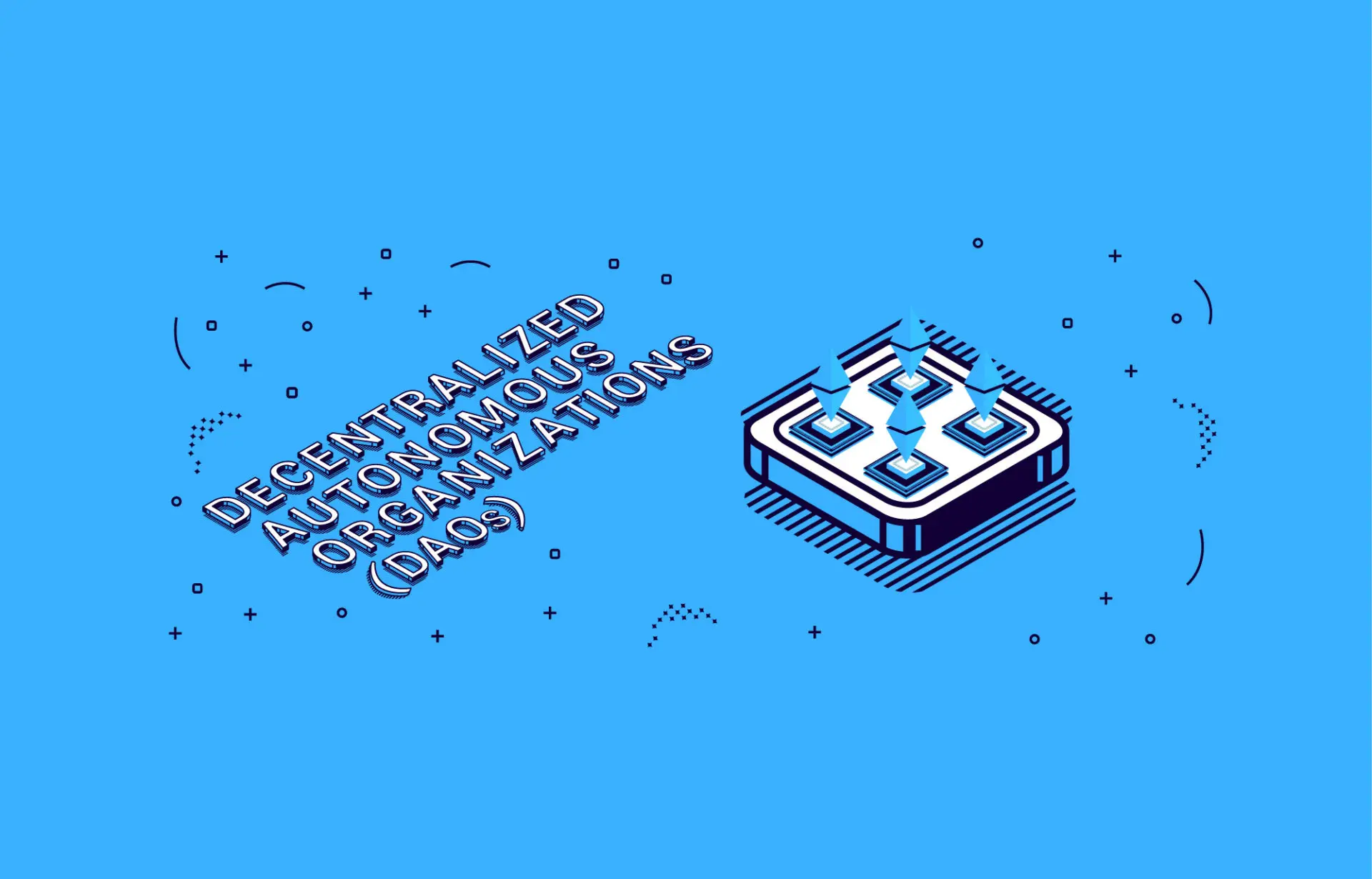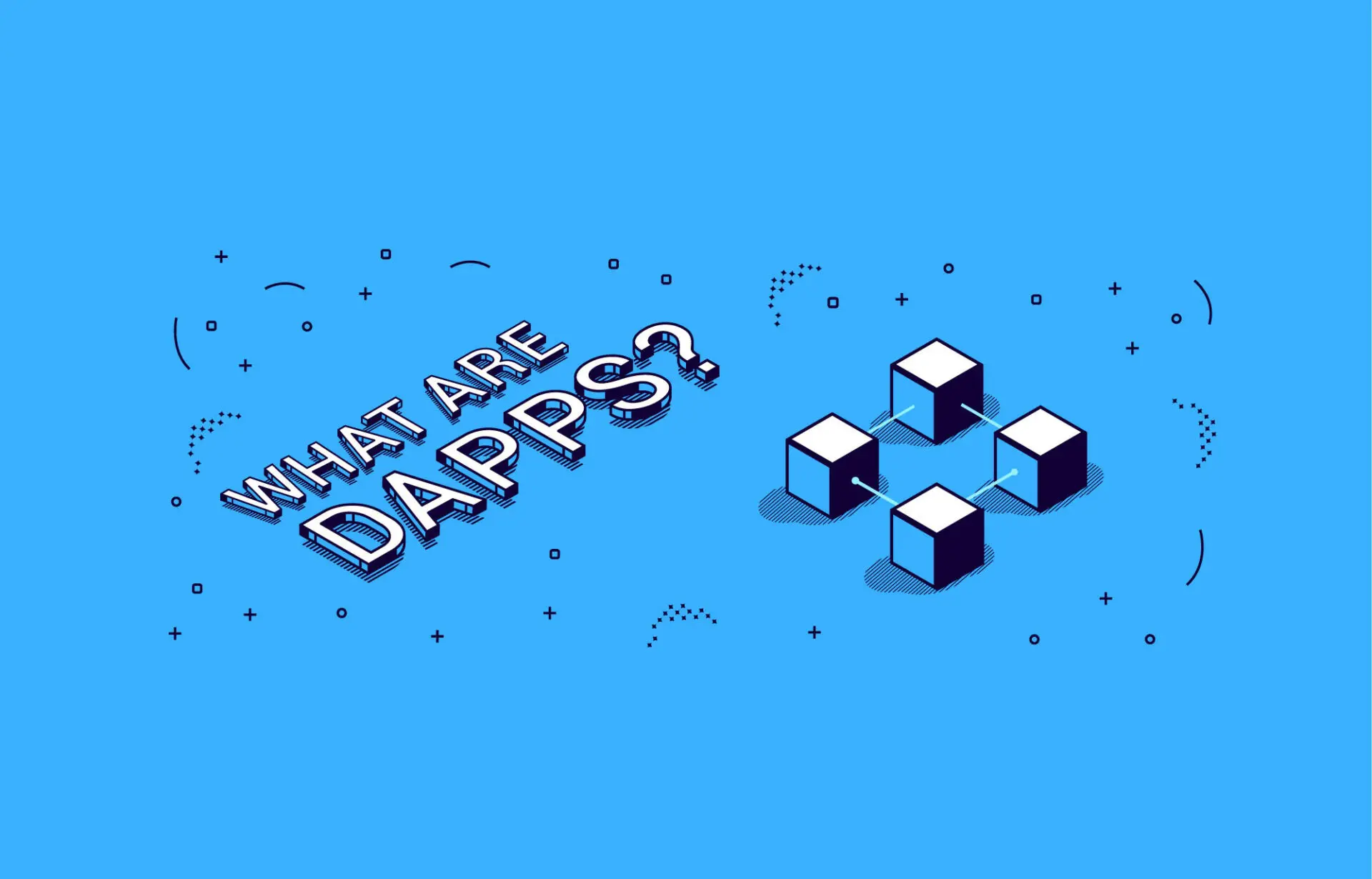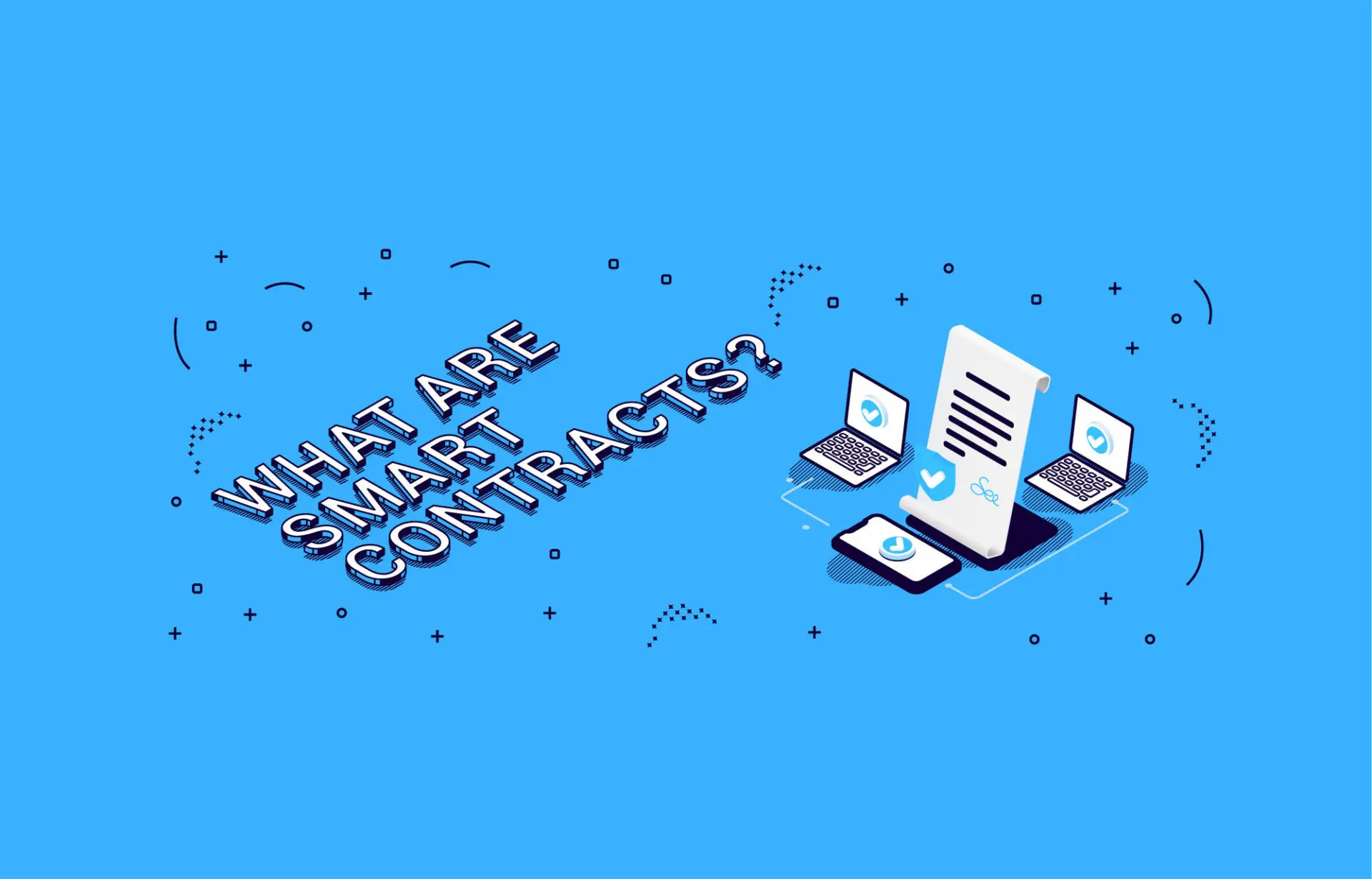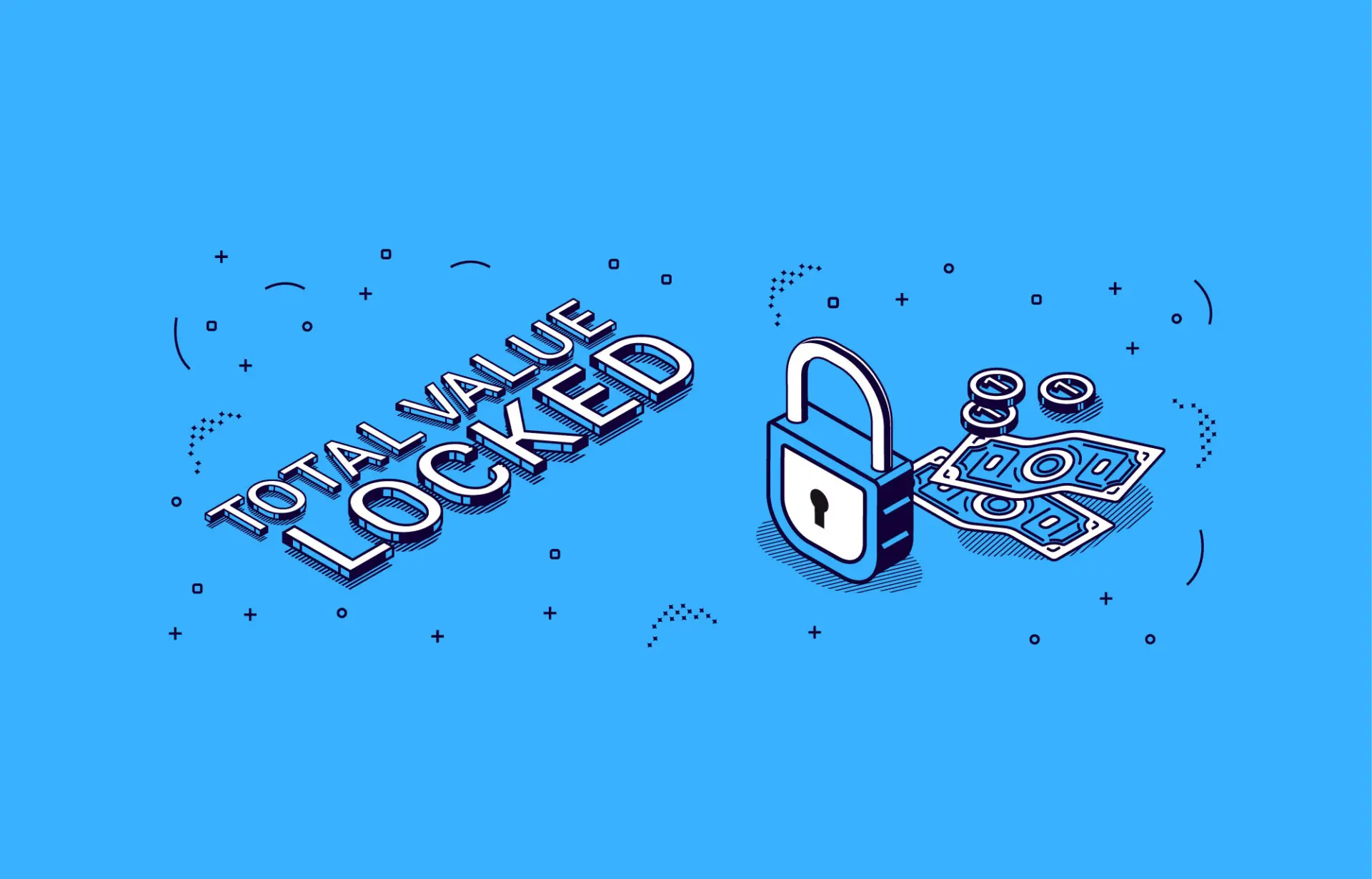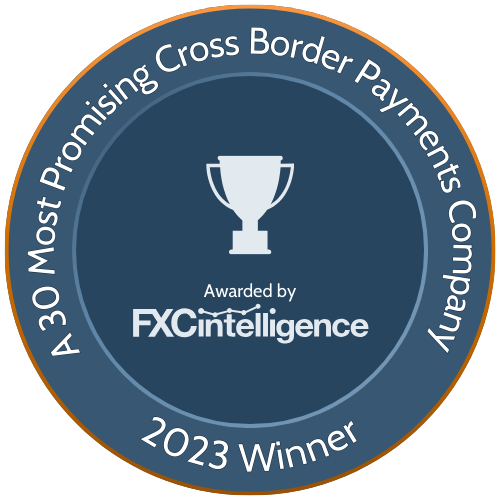The cryptocurrency industry has been witnessing a significant increase in activity across the board over the past few years. And while most participants in the market still believe that crypto can be a great way to make money, there are several other crypto-related concepts that have expanded beyond cryptocurrency investing and are now on the verge of breaking into the mainstream on their own.
The rise of decentralized finance (DeFi) was one of the many major talking points in the crypto space. DeFi was built on the belief that people should be able to easily and seamlessly access financial services without having to go through third parties or lengthy verification processes.
With DeFi being a multi-billion dollar industry on its own already, protocols in this space have also threatened to upend the way that traditional operations have been handled over the past few years. One of the innovations that DeFi has brought is the decentralized autonomous organization (DAO) - a concept that was built on the idea that companies and protocols should be run by their users, not a centralized body of investors or executives.
Today, several top crypto platforms have adopted the DAO structure and are now giving more power to their users. However, is this structure scalable? Let’s find out.
DAOs: What Exactly Are They?
The decentralized autonomous organization (DAO) is an emerging legal structure for organizations to operate under, and which has been getting more popular recently. It focuses on the principle of community control and decentralized decision-making, with platform developers looking to give more power to the users - as opposed to a board of investors or executives.
Put simply, a DAO is a legal entity that has no central leadership or organization. Instead, decisions concerning the entity are made from the bottom-up; users can form communities and organize themselves around a specific set of rules, with blockchain platforms governing their operations.
A DAO operates without any hierarchical management, and it can have different purposes. From company organizations to charities and even investment firms, DAOs are built around the principle of decentralization and community control. Users and DAO members vote on important updates concerning the DAO, and decisions are approved based on consensus.
In a DAO, decisions are made from the bottom-up. These organizations are owned by a collective of members, and they operate using smart contracts - chunks of code that execute automatically when specific criteria have been met. Smart contracts are native to several top blockchains at the moment - including Ethereum and Cardano.
The smart contracts establish the DAO’s rules, and members with a stake in the DAO will get voting rights as a result of their buying into it. Their rights influence how the DAO operates, as they can decide on just about everything.
The Stages of DAO Operations
Generally, DAO operations are broken down into three stages:
Contract creation: The first step will be to create the DAO. A group of developers creates the smart contract behind each DAO, and these contracts establish the rules. Upon launch, the rules can only be changed through the DAO’s governance system. This means that only DAO members can decide by majority vote to change the rules.
Funding: When the smart contract has been created, the DAO will need to determine how to get funding and implement governance. Most times, funding is achieved through the DAO’s release of tokens. Anyone who buys tokens will get voting rights automatically.
Launch: Once all aspects of the DAO have been set up, it is deployed on the blockchain. Henceforth, DAO members decide on its future, and the DAO’s creators relinquish all influence or control over the organization.
How DAOs Differ from Traditional Organizations
DAOs differ from traditional organizations in two critical ways. Let’s take a look at a few of them:
Funding
Ideally, the funding for a traditional organization comes from partners or founding members. These people contribute capital and get ownership share in return.
However, a DAO aligns financial contributions with governance rights to allow investors and users themselves to become both owners and employees of the DAO. Most DAOs launch tokens that they sell to users, who purchase them for the purpose of earning returns and also enjoying voting rights.
Structure
Most organizations have structures that require each employee or member to work together. Any slight deviations from this structure could disrupt the entire organization and cause a malfunction. For these organizations to work, those at the top make decisions that are eventually implemented by those at the bottom.
For a DAO, the approach is entirely different. DAOs have no bosses, managers, or executives. Instead, each member of the DAO is able to interact with the DAO’s smart contracts to vote on proper operations. At the same time, these smart contracts reduce the advance of human errors or sub-optimal performance.
With every aspect of the DAO written to the smart contract code, members understand what they are voting on - and when they are voting on it. DAOs promote transparency, discussions, and consensus with this structure.
What Are Their Legal Status Today?
The United States continues to lead in blockchain innovation for now, and most of the prominent DAOs that we see are based there. Therefore, the majority of discussions surrounding DAO formation and legal structures are being driven by US lawmakers and legislators.
While DAOs had a bit of a rocky start, they’ve become quite common. One DAO made headlines after raising $40 million to bid on a rare copy of the original U.S constitution - while another became popular for raising funds for the Ukraine relief effort amid the Russian invasion. Some DAOs have even tried to purchase professional sports franchises, raising billions in their attempt.
Still, if you’re looking to launch a DAO, there are several critical questions to be asked. Who does your DAO serve process on? Where is your DAO domiciled? Are DAO members liable for their liabilities? How does a DAO create and enter into a legally-binding contract?
Some lawyers believe that DAOs could be categorized as unincorporated associations or general partnerships. This could discourage businesses from participating in them.
However, to get around this legal murkiness, some DAOs have used an “LLC Wrapper.” As many know, the limited liability company (LLC) is a popular business structure that protects owners from personal liability. So, for several DAOs, LLCs could hold all ownership rights and serve as the beneficiary of funds that have been raised by them.
Still, this structure is not universally accepted yet. There is a concern that forming an LLC reduces the concept of decentralized ownership itself. So, lawmakers in some states have tried to clear this confusion.
For instance, in 2021, Wyoming enacted a statute that allowed the forming of DAO LLCs. a state Senator explained that while the law doesn’t do anything necessarily new, it makes it easier for individuals and companies in the state to turn DAOs into LLCs. Wyoming even updated the statute to attract more DAOs into the state.
The state of Tennessee passed a similar law, with the government and legislature looking to turn the state into the “Delaware of DAOs.” And, Vermont has enacted a law that allows the creation of a “blockchain-based limited liability company (BBLLC).
With the regulation of cryptocurrencies and blockchain technology still up in the air, states have been free to regulate DAOs as they seem. And they’ve done just that.
The Potential Impacts of DAOs on Business Operations and Decisions
Since they allow members to make decisions, DAOs encourage democratized and decentralized decision-making. This provides additional transparency on decisions, with everyone seeing how each decision is arrived at and not feeling cheated.
Another critical implication of the democratic voting process is that work environments can be happier and healthier. When leaders and executives make decisions without considering employee feedback, they leave room for anger and resentment - especially when employees feel cheated. By giving members a greater say in decision-making, DAOs promote fairness and a sustainable environment for everyone.
Security is another critical aspect where DAOs perform rather well. There is no central point of failure, and high importance isn’t placed on a single person or group of people. So, the impact of an individual - or a group of individuals - leaving the company is less profound. Thus, company operations can be more resilient over time.
That said, DAOs aren’t all great. A decentralized governing structure means that you're giving everyone a say in the company’s future, and if there’s anything we all know, it is that people all have differing opinions. In cases when decisions need to be made quickly, DAOs might not necessarily be ideal.
So, it is a bit of a mixed bag. However, as more focus is placed on community ownership and control, DAOs are seen by many as the future of company operations.
